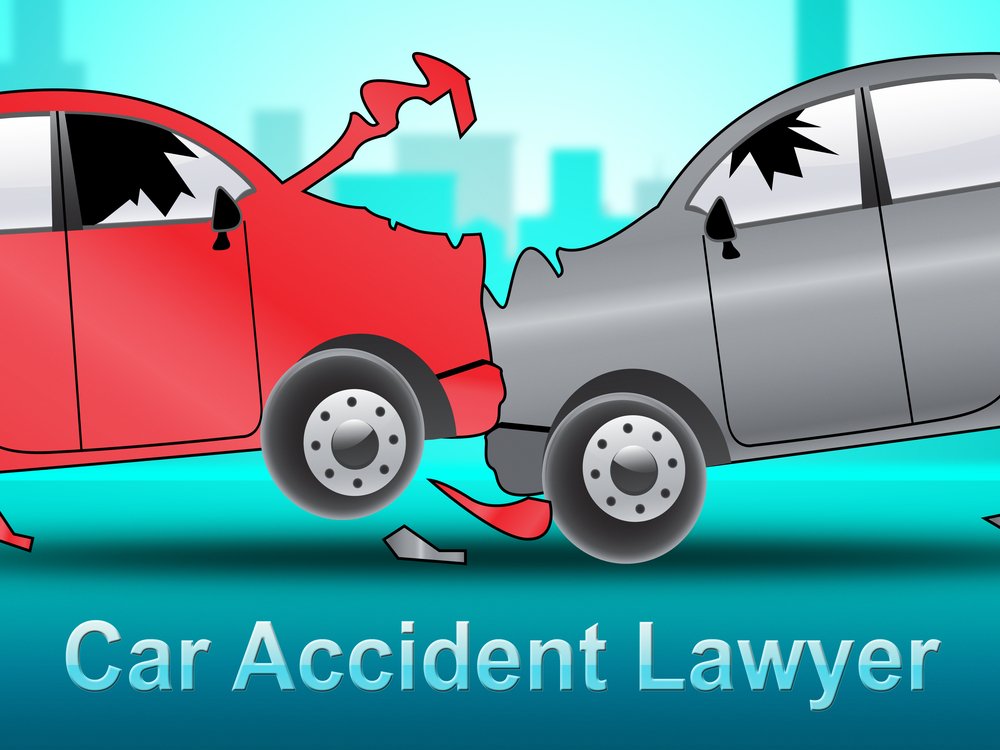In a Car Accident? Know What You Should Do & What Not
Car accidents can be a traumatic experience, leaving you injured, shaken up and unsure of what to do next. In the aftermath of a car accident, remaining calm and composed is essential. That includes avoiding the urge to admit fault.
If you are in a car accident, having a car wreck attorney to guide you through the process is of utmost importance. Read on to know how they can help you.
Protecting Yourself: Why You Should Never Admit Fault in a Car Accident
Admitting fault in a car accident can have severe legal consequences, potentially leading to a lawsuit or increasing your insurance premiums. In some cases, admitting fault can even result in criminal charges.
It's important to note that even if you feel responsible for the accident, other factors may be at play. Additionally, you may not fully understand the law and how it applies to your situation. For this reason, it's always best to avoid admitting fault until you have consulted with an experienced car wreck attorney.
Understanding Your Coverage: The Role of Insurance in a Car Accident
After a car accident, your insurance company will likely determine who is at fault. Insurance companies will investigate the accident and consider factors such as police reports, witness statements and damage to the vehicles involved.
Insurance companies will also consider the concept of comparative fault when determining who is at fault. Comparative fault is a legal doctrine that assigns a percentage of blame to each party involved in the accident.
Taking Action: Practical Steps to Avoid Admitting Fault After a Mishap
There are several actionable steps you can take:
Be mindful of your words: Avoid saying anything interpreted as an admission of fault.
Don't apologize: While it may be instinctive to apologize after a car accident, it can appear as an admission of fault.
Stick to the facts: Stick to the facts when talking to the police, insurance adjusters and any other parties involved in the accident.
Don't sign anything without consulting an attorney: It's important to understand what you're signing before you sign it. Don't sign any documents or agreements without consulting a vehicle wreck attorney.
Defending Yourself: What to Do When You're Blamed for an Accident?
If the other person blames you at the accident scene, remaining calm and avoiding getting defensive is essential. As mentioned earlier, admitting fault can have severe legal and financial consequences.
If necessary, involve the police to help mediate the situation.
Stuck in Limbo: Navigating a Car Accident When No One Admits Fault
In some cases, no one admits fault after a car accident. In these situations, an investigation is necessary to determine who is at fault. This investigation may involve gathering witness statements, examining physical evidence and reviewing police reports.
The Investigation Game: How a Car Wreck Attorney Can Help You
A trusted car wreck attorney can be vital in a car accident. An attorney can guide you through the investigation process and ensure that your rights are protected.
An attorney can also help you negotiate with insurance companies and other parties involved in the accident. They can help you understand the legal implications of the accident and what steps you need to take to protect yourself.
The Blame Game: What Happens When You're Found to Be At Fault in a Car Accident?
Being found at fault can have significant legal and financial implications if you're involved in a car accident. Being at fault means that you caused or contributed to the accident and you may be responsible for any damages and injuries resulting from the accident. Being at fault can also increase insurance rates and potential legal action. It's important to remember that being at fault in a car accident can have long-lasting consequences and taking the necessary steps to protect yourself and your rights is essential.
Dividing Responsibility: Determination of Comparative Fault in a Car Accident?
As mentioned earlier, comparative fault is a legal doctrine that assigns a percentage of blame to each party involved in an accident. In Oklahoma, the comparative fault system determines who is responsible for damages in a car accident.
The percentage of fault assigned to each party determines how much compensation they are entitled to. For example, if you are at 50% fault for an accident, you may only be entitled to 50% compensation.
Who Pays? Understanding Accepted Liability for a Mishap
In Oklahoma, the at-fault party is responsible for the damages and injuries resulting from a car accident. If you are to blame for an accident, you may be liable for the other party's medical bills, lost wages and other damages.
It's important to note that Oklahoma is a "fault" state, meaning that the person who caused the accident is responsible for compensating the other parties involved.
Financial Consequences: Your Responsibility as a Driver After a Car Accident
In Oklahoma, drivers are responsible for ensuring they are adequately insured to cover the damages and injuries resulting from a car accident. Drivers must carry minimum liability insurance to meet the state's requirements. Failure to carry adequate insurance can result in fines, penalties and the potential for legal action.
Contact Foshee & Yaffe Attorneys at Law for Help After a Car Accident
Don't hesitate to contact Foshee & Yaffe Attorneys at Law for help at the time of the accident. Our experienced car wreck attorneys in OKC can guide you through the process and ensure that your rights are protected. We understand the stress and uncertainty of a car accident and are here to help. Contact us today to schedule a consultation.
**Disclaimer: This content is not to be construed as legal advice nor does it establish terms of a client-attorney relationship.

